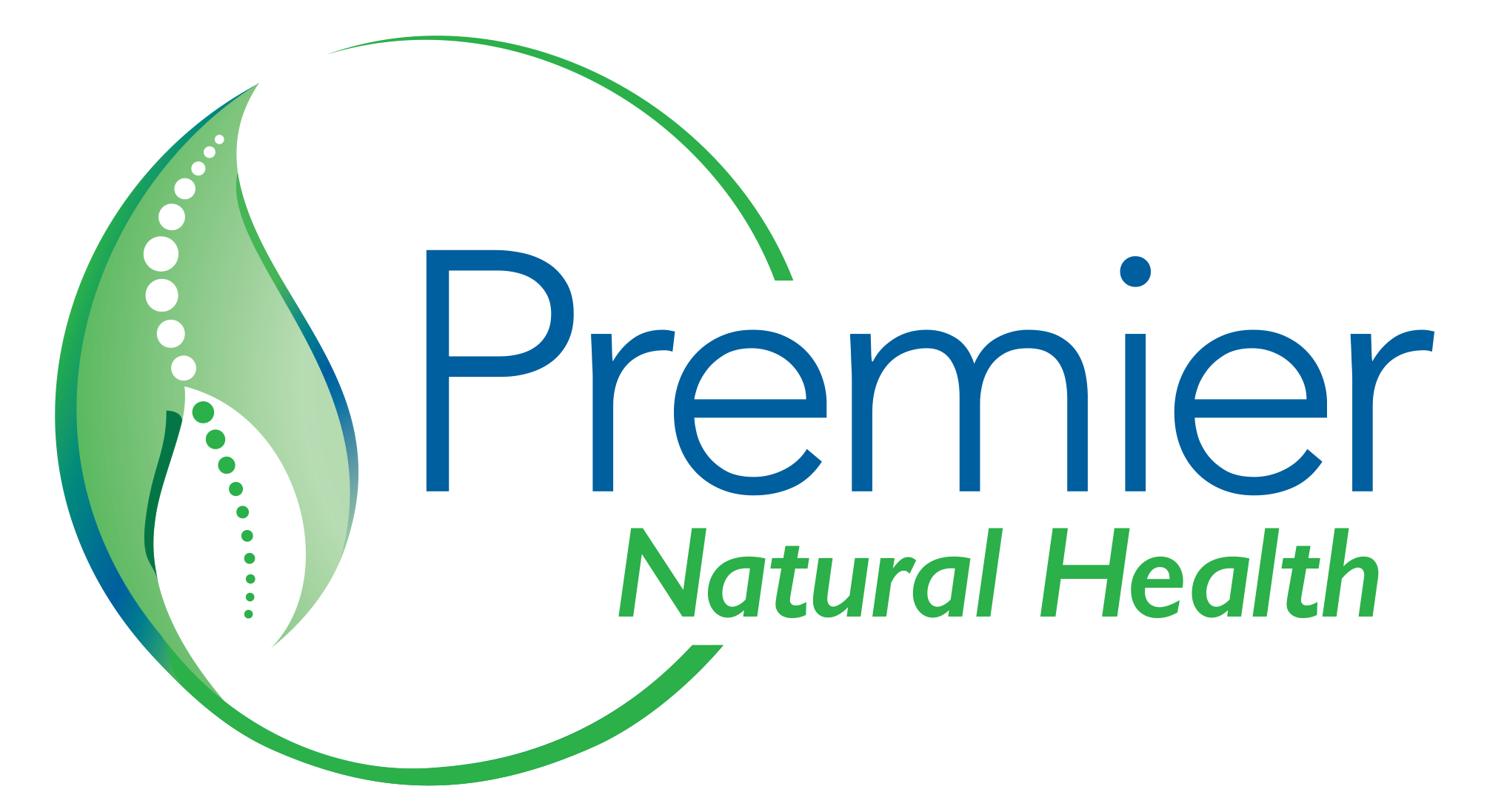Happy Heart Health Month!
Hypertension or high blood pressure increases your risk of heart disease and stroke. Blood pressure is the force of blood pressing against the walls of the arteries. When it’s too high, it causes the heart to work harder and can cause serious damage to the arteries. Over time, uncontrolled high blood pressure increases the risk of heart disease, stroke and even kidney disease. High blood pressure is sometimes called the “silent killer” because there are very few, if any, symptoms for years.
Normal blood pressure falls between 120/80, while higher results over time can indicate hypertension. The top number, also called systolic, is the pressure when the heart beats, while the bottom number or diastolic, measures the pressure at rest between the beats when the heart refills with blood.
When your blood pressure is 180/110 and higher you may be having a hypertensive crisis, rest for a few minutes and retake your blood pressure. If it is still very high, call 911, as this could lead to a stroke, heart attack, kidney damage, or loss of consciousness. Hypertensive criss symptoms can include a severe headache, anxiety, nosebleeds, and feeling short of breathe.
There are many things which can lead to hypertension. Stress can cause blood pressure to spike, but long term stress can cause blood pressure to stay high, which is of course unhealthy. Being overweight also places more stress on your heart; eating a diet low in sugar, and high in fruits, veggies, lean protein, and fiber is recommended to help with weight loss and to control blood pressure. Caffeine and alcohol also play a part in blood pressure, too much of both is never a good thing. Remember moderation is key.
Other than reducing sodium levels, and eating more fruits, veggies, lean protein and more fiber, you can also exercise. About 150 minutes of moderately-intense exercise a week can help lower your blood pressure, this can include, walking briskly, bicycling, dancing, swimming and other activities. Muscle-strengthening activities are recommended at least two days a week training all major muscle groups. Stress relieving activities, such as yoga and meditation can help lower blood pressure as well. In a recent study, coloring was shown to be an effective form of active meditation, which means it helped lower stress.
So this year instead of giving chocolate and candies, try coloring books, healthy dinner dates, and maybe a fancy new pair of jogging shoes. Get creative with heart healthy Valentine’s Day activities and presents.
*Safety Note*
When exercising outside at night or early morning, carry a light and wear a reflective vest. Just because you can see the car, doesn't mean the driver in the car, or airplane, can see you.
